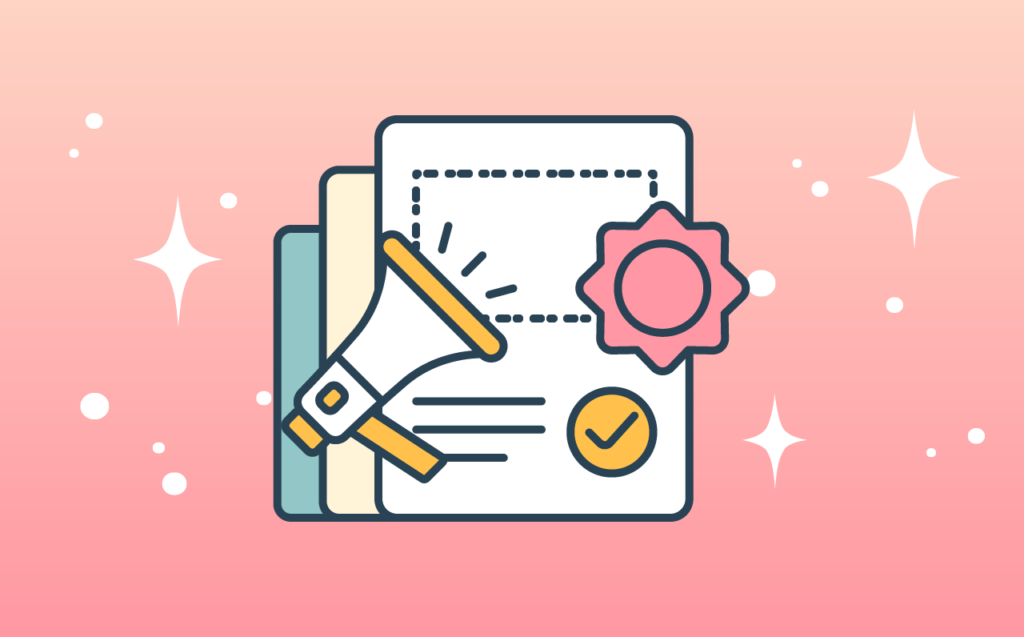BOSTON, May 17, 2023 – Eleos Health, the leader in CareOps Automation for behavioral health, today announced the publication of a study showing that using artificial intelligence (AI) in behavioral health treatment can effectively help patients adhere to evidence-based care (EBC) activities, using homework given to patients to track adherence. The ability to monitor usage of these methods will help clinicians and supervisors ensure care is being given according to agreed upon action plans, while adhering to clinically proven treatments. The study, “Machine Learning Model to Predict Assignment of Therapy Homework in Behavioral Treatments,” was published in the Journal of Medical Internet Research (JMIR).
Clinicians only have a limited amount of time with their patients during each session. Between sessions, progress can be lost if clinicians deviate from plans or if patients do not practice and reinforce the skills they learned in their everyday lives. That’s why clinicians give “homework” to patients; homework can be an assignment, such as a worksheet, a task, or an insight a patient reflects on throughout the week, to be completed outside of sessions. Homework is considered an integral part of behavioral therapy, but homework compliance remains problematic in real-life practice.
This type of EBC has been shown to improve outcomes and clinician-patient satisfaction. Measurement-based care, a core part of EBC, gives patients a higher-level engagement and enhances clinical responsiveness to the patient. But, information on how clinicians practice has been limited to studies coming from academic centers or clinician self-reporting. In the study, Eleos’ AI was shown to have the ability to measure clinician adherence to measurement-based treatments by predicting outcomes through the use of homework as a treatment.
Homework has been shown to improve therapy outcomes across a range of conditions, including anxiety, depression, and substance use disorders. Homework encourages patients to practice and apply therapy-relevant skills between appointments. However, tracking assigned homework can be difficult for clinicians already balancing large patient loads with documentation burdens. The potential for AI to assist clinicians in highlighting specific homework assignments with each patient could reduce issues of omission or human error when tracking action plans.
“It can be very difficult for clinicians outside of academic settings to track the action plans they assign to patients on a session-by-session basis. Using ML tools like Eleos gives clinicians an unobtrusive way to ‘observe’ themselves without interfering with the patient/clinicians relationship,” said Shiri Sadeh-Sharvit, Ph.D., Chief Clinical Officer at Eleos Health. “When used in real-world settings, therapy tools like Eleos help clinicians evaluate in-session events accurately in real-time, including specific measures like homework that track adherence to evidence-based models.”
Study authors choose homework to demonstrate AI technology’s ability to track session action plans because it’s frequently assigned by mental health practitioners. Eleos’ AI reviewed 2.83 million clinician-patient dialogues within 34,619 distinct treatment sessions between 675 clinicians and 6,236 patients. Patients were seeking treatment for a variety of mental health issues, and their clinicians could use any modality they believed best for treatment.
Using Eleos’ platform to analyze the anonymized, audio-recorded data, the study found that AI accurately tracked how often homework was assigned (61% of sessions), as well as if more than one assignment was given to a patient (21% of the time). AI was even able to assess what type of homework was discussed: practicing skills (37%), taking action (28.5%), journaling (19%), and learning new skills (14%). It is clear that AI provides a level of insight and detail into tracking evidence-based care that can be a powerful aid to clinicians.
“Our mission is to provide meaningful support to clinicians, who balance heavy workloads with sensitive face-to-face care. With our AI language processing and insight tools running in the background, clinicians have a clearer look into their care processes while allowing them to treat patients the way they deem best.,” said Alon Joffe, CEO and cofounder of Eleos Health. “Using our treatment-specific augmented intelligence, clinicians can now easily see what practices they’ve assigned instead of relying solely on their shorthand notes”
Find the full study here.
About Eleos Health
Founded in 2020, Eleos Health turns behavioral health conversations into documentation and intelligence that drives better care. Using proprietary, voice-based Natural Language Understanding (NLU) technology built by clinical experts to accurately interpret, analyze and document behavioral health conversations, Eleos reduces the operational burden on providers while unlocking objective insights into evidence-based care and the therapeutic alliance. Leadership teams can scale supervision and training while gaining unprecedented visibility into staff activity, caseloads and performance as well as population health. Eleos is the only technology of its kind that embeds seamlessly into electronic health records (EHRs), telehealth tools and existing provider workflows. With Eleos CareOps Automation, behavioral health providers are setting a new standard for care.
###
Media Contact:

